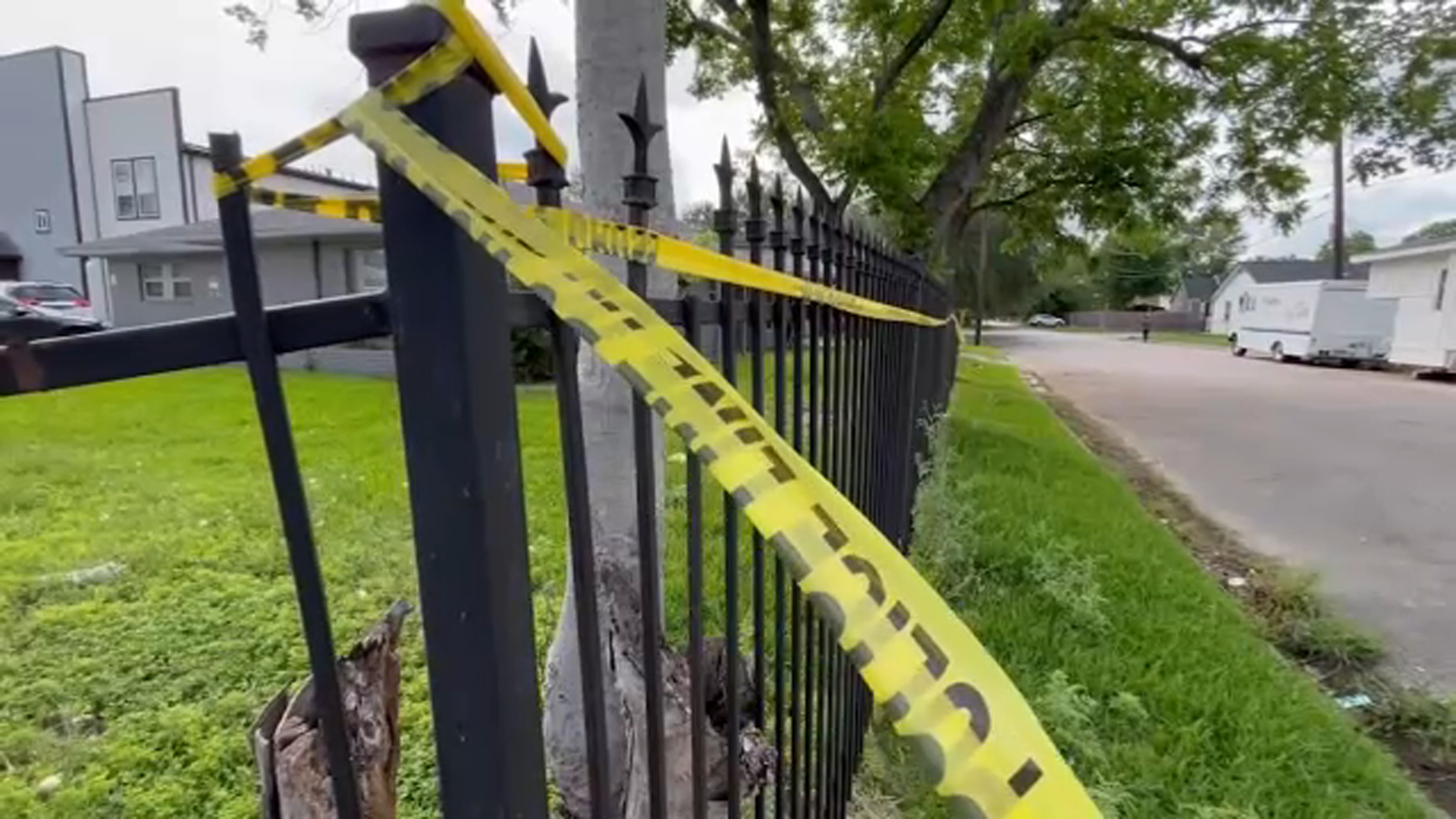Latino UH medical students look to improve doctors' Spanish to give equal care to Hispanic populace

HOUSTON, Texas (KTRK) -- The Latino Medical Student Association at the Fertitta Family College of Medicine has multiplied from a handful of students to more than 40 members. These University of Houston students are learning to help the Latino community in the area and around the world.
For UH medical student Iliana Oberkircher, the struggles of her brother, Carlitos, and her mother, Idalia, have stayed with her.
"I grew up in the Rio Grande Valley. I had a brother who was born with a congenital heart defect, and I spent most my childhood in and out of doctor's offices," Oberkircher said.
RELATED: New clinics in Texas offering unique health care for Hispanic community: 'They're being understood'
"My mother, as an immigrant, did not receive proper prenatal care, so I think maybe my brother would not have been born with a congenital defect if she had proper screenings," she said.
Despite having a caring team of physicians, Carlitos died at 12 years old, leaving Oberkircher determined to improve the healthcare system.
It's one of the reasons she founded the Latino Medical Student Association.
Oberkircher and students like Amacalli Tejeda are tackling the challenges their own families faced as they grew up. They said they hope that improving doctors' medical Spanish can improve patient outcomes.
"If you see the population distribution of Houston, you can see that it's 44.5 % Hispanic," Tejeda explained. "But then when you look at the healthcare system, it does not represent the general population,"
SEE ALSO: Action 13 town hall highlights barriers Hispanics face in mental health care
A Pew Research study shows only 7% of physicians and surgeons in the US are Hispanic, and the numbers tell us what we already know about the advantages of a doctor who speaks Spanish. About 81% of Hispanic adults who are Spanish language dominant prefer to see a Spanish-speaking provider.
"What I found was that every single rotation I went into needed me," Oberkircher said. "I felt that there was a need for Spanish-speaking doctors, female doctors, representation."
These students also see a need beyond Houston. Student Stephanie Sanchez saw it alongside her fellow medical students during a recent mission trip to a remote community in Honduras. She was shocked to learn how far the people would travel for basic care.
"We would ask them how far they had walked, and some of them had walked about 10 kilometers," Sanchez said. "It teaches you a little bit of cultural competence; it shows you that everybody has a different story and we all come from different backgrounds, but we do have similarities."
From traveling to Honduras to the classroom and communities of Houston, Oberkircher and the other students know that what may have once been considered a cultural barrier can now be a bridge.
"As Latinos, what we're very proud about is that anywhere you go, Latinos open their homes for you, and we help each other out, and so I think it's important that we have that in medicine, and we have that for each other."
For news updates, follow Elissa Rivas on Facebook, Twitter and Instagram.







